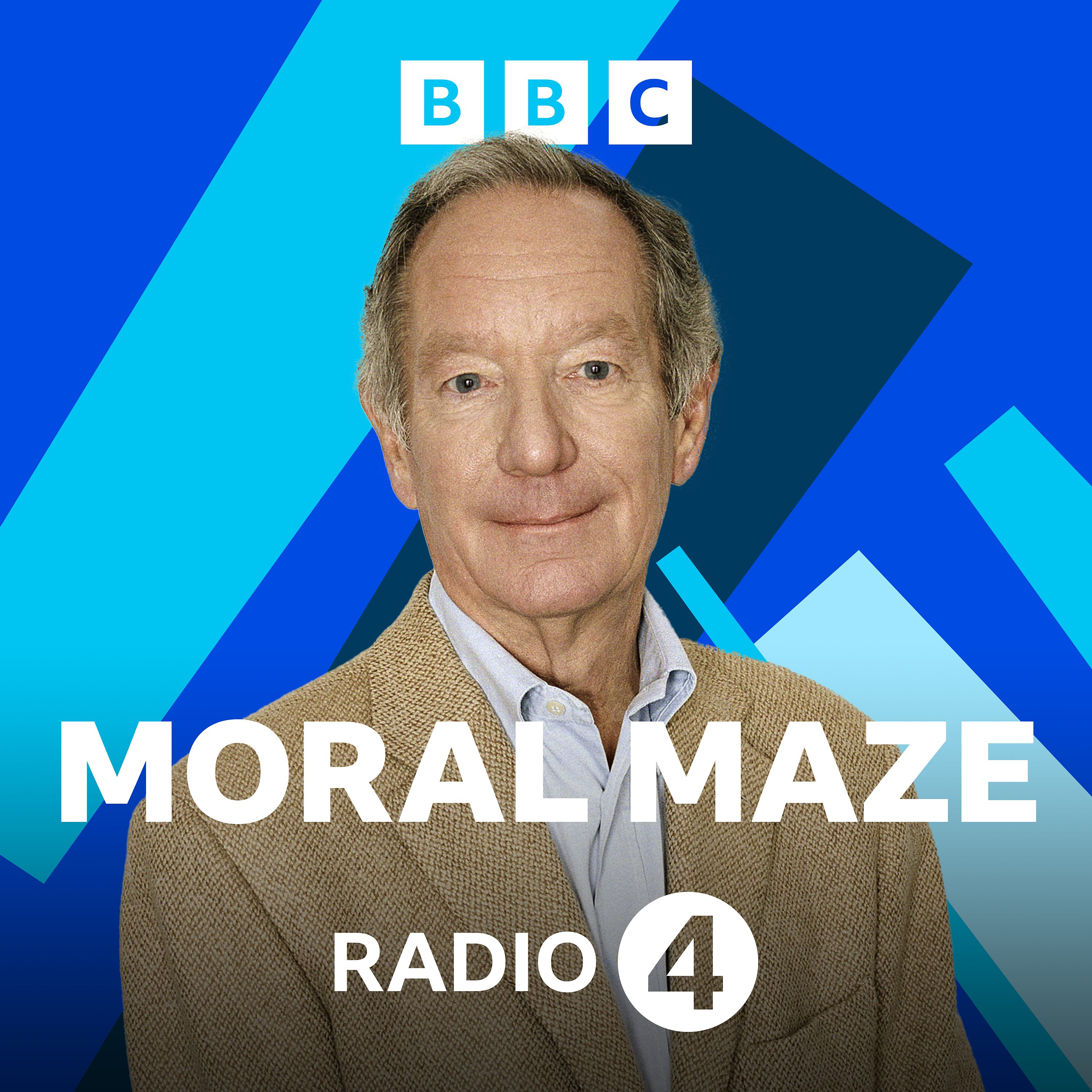- religion
- SEE MORE
- classical
- general
- talk
- News
- Family
- Bürgerfunk
- pop
- Islam
- soul
- jazz
- Comedy
- humor
- wissenschaft
- opera
- baroque
- gesellschaft
- theater
- Local
- alternative
- electro
- rock
- rap
- lifestyle
- Music
- como
- RNE
- ballads
- greek
- Buddhism
- deportes
- christian
- Technology
- piano
- djs
- Dance
- dutch
- flamenco
- social
- hope
- christian rock
- academia
- afrique
- Business
- musique
- ελληνική-μουσική
- World radio
- Zarzuela
- travel
- World
- NFL
- media
- Art
- public
- Sports
- Gospel
- st.
- baptist
- Leisure
- Kids & Family
- musical
- club
- Culture
- Health & Fitness
- True Crime
- Fiction
- children
- Society & Culture
- TV & Film
- gold
- kunst
- música
- gay
- Natural
- a
- francais
- bach
- economics
- kultur
- evangelical
- tech
- Opinion
- Government
- gaming
- College
- technik
- History
- Jesus
- Health
- movies
- radio
- services
- Church
- podcast
- Education
- international
- Transportation
- Other
- kids
- podcasts
- philadelphia
- Noticias
- love
- sport
- Salud
- film
- and
- 4chan
- Disco
- Stories
- fashion
- Arts
- interviews
- hardstyle
- entertainment
- humour
- medieval
- literature
- alma
- Cultura
- video
- TV
- Science
- en
Groupthink

b'
Major changes in the Civil Service are needed to tackle metropolitan \\u2018groupthink\\u2019 in government, according to Michael Gove. Sceptics are worried about the impact of all this on the political neutrality of our administrators. Beyond the walls of Whitehall, there are those in Britain who believe that \\u2018groupthink\\u2019 has become pestilential. The word was coined in the 1970s by social psychologist Irving Janis. It has come to refer to people who are passionate about a particular view of the world and who treat those who don\\u2019t share their values with contempt, or even hostility. Today, commentators talk also of \\u2018cancel culture\\u2019 \\u2013 public denunciations of high-profile individuals whose beliefs are deemed to be incompatible with the prevailing moral orthodoxy. When \\u2018unacceptable\\u2019 private thoughts are made public, reputations can be trashed and jobs are sometimes lost. Those accused of this kind of \\u2018groupthink\\u2019 reject that criticism and believe that all public figures should be held accountable for their views. Once made public, they argue, those views can have a direct and adverse impact on people\\u2019s lives, so they become everybody\\u2019s business. Should a person\\u2019s legitimacy in public life be judged as much on what they think as how they behave? Is it possible to separate thoughts from deeds or are they intimately connected? Has social media robbed us of the ability to tolerate diversity of opinion, or is this talk of \\u2018the thought police\\u2019 hysterical? Is \\u2018groupthink\\u2019, as we have come to understand it, irrational, divisive and dangerous? Or does it merely describe an age-old phenomenon: a group of like-minded people uniting to campaign for a better world? With Dalia Gebrial, Paul Taylor, Rt Rev Dr David Walker and Toby Young.
Producer: Dan Tierney.
'